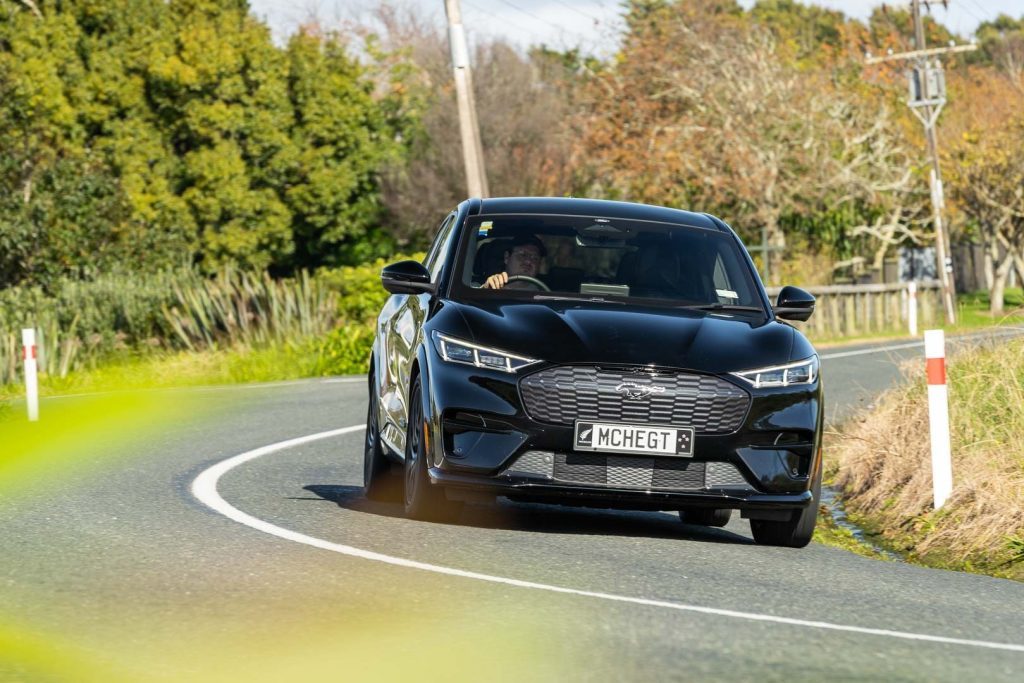A new study from the US Department of Energy has revealed that a lake in California holds enough of a certain resource to produce 375 million batteries for EVs.
We’re talking about lithium of course, also known as “white gold”, a metal found in ores or underground reserves that is mined/extracted for use in electric appliances and vehicles.
Salton Sea, located approximately 140km to the east of San Diego, is said to hold one of the largest lithium brine deposits in the world; 3400 kilotonnes of the metal to be exact.

The question is, can and will it be extracted? Well, it should be known that extracting such a large amount of lithium on a commercial scale is no easy feat.
In saying that, Electrek reports that investments have been secured by several companies to develop technology that will be used to draw out the metal.
Next comes the environmental impact. For lithium to be used in batteries, it must be separated from the aforementioned brine through evaporation pools which require a large surface area and have a lasting negative impact on their surroundings.
Thankfully, multiple organisations are looking into ways of extracting lithium directly from the brine which is a much more eco-friendly solution.
Once the metal is out, it’s then up to the car manufacturers to turn the resource into batteries.

According to Elecktrek, General Motors has already partnered with Controlled Thermal Resources (CTR) to claim its share of Salton Sea’s rich deposit, while Stellantis is currently making arrangements with CTR to do the same.
Ford is also in on the game after securing a contract with EnergySource Minerals which opened a plant at the lake in 2012.
However, now that we know there’s enough in the sea to support the production of 375 million EVs, there’s no doubt more manufacturers will be rushing to get their innings.


